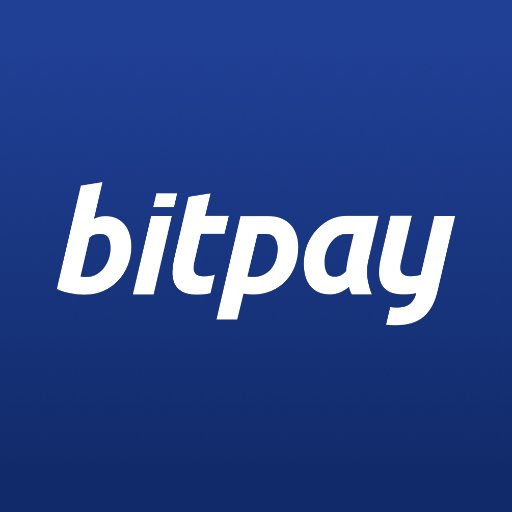
/article-new/2021/02/bitpay-card-apple-pay.jpg)
If you selected to pay from an exchange (for instance Kraken), the button will not be displayed and instead you will need copy the receiving address and amount as indicated in the subsection C. Note: The pay in wallet button is not displayed for all wallet options. If your cryptocurrency wallet is stored on the same device used to view the BitPay invoice (mobile or desktop as in the below screenshot). Clicking/Tapping on the "Pay in Wallet" button If you are using a cryptocurrency wallet on your mobile phone while viewing the BitPay invoice on a different device, typically via a web browser on a laptop or a desktop.ī. The BitPay invoice provides several options to retrieve the payment details, depending if you are using a cryptocurrency wallet on a mobile phone, on a desktop, or using a cryptocurrency exchange instead. Fill in the payment details in your wallet For instance, Ethereum and USD stablecoin deposits can only be done via DApp browsers, web3 wallets, or wallets which have implemented the JSON payment protocol.Ģ. Some cryptocurrencies are not available for all wallets.Clicking on one of the cryptocurrency icons listed at the bottom of the invoice will give you access to the list of supported wallets for the selected cryptocurrency.Select the wallet and cryptocurrency you want to pay withĪ) Select the wallet / exchange service you want to pay with.ī) Select the currency you want to use to pay the invoice.Ĭ) Use your wallet to make the payment, see step 2. Validate the transaction from your walletġ.Fill in the payment details in your wallet.Select the wallet and cryptocurrency you want to pay with.Of great concern to crypto companies is the Financial Crimes Enforcement Network’s proposal to force crypto companies to regulate transactions from private crypto wallets.Īlthough US President Joe Biden froze federal rulemaking upon assuming office, it’s clear that the US government is closing the loopholes as quickly as possible.Paying a BitPay invoice consists of 3 steps:

And the US Securities and Exchange Commission has slammed dozens of companies for running unregistered ICOs (token sales) ahead of their launch to US investors. Paxful in September 2020 dropped out of Venezuela, citing US sanctions. The penalty could have been as high as $620 million, but BitPay settled by cooperating with regulations, had trained its employees to screen customers and had taken preventative steps.Ĭrypto companies are frequently in the firing line of US regulators. “BitPay failed to exercise due caution or care for its sanctions compliance obligations when it allowed persons in sanctioned jurisdictions to transact with BitPay’s merchants using digital currency for approximately five years, even though BitPay had sufficient information to screen those customers,” said OFAC in its statement. The treasury agency said that BitPay knew it was processing payments in sanctioned countries because it recorded information about the location of customers buying things from BitPay merchants, such as their IP addresses. He said that the case “involved a very small number of transactions.” “We cooperated fully with the Office of Foreign Assets Control (OFAC) and are pleased to have resolved this matter,” Jan Jahosky, a spokesperson for BitPay, told Decrypt. The firm allowed people in sanctioned regions to place transactions worth, cumulatively, $129,000, found OFAC. When customers buy things in crypto, BitPay handles the paperwork and facilitates the transaction, then converts that money into fiat currencies and hands it over to the merchants. The settlement is yet another reminder that although Bitcoin’s decentralized network is above the law, centralized crypto companies are still very much subject to it.īitPay handles payments for merchants that want to sell goods and services for crypto. BitPay facilitated 2,101 transactions from people in sanctioned countries.īitcoin payments processor BitPay today agreed to pay a $507,375 fine to the US Treasury’s Office of Foreign Assets Control (“OFAC”) for 2,102 apparent violations of international sanctions.Īccording to OFAC’s notice, the agency found that BitPay, an Atlanta, Georgia-based crypto payments portal for online merchants founded in 2011, facilitated payments in nation-states subject to US sanctions, among them Cuba, North Korea, Iran and Syria, between 20.The Office of Foreign Assets Control found apparent international sanctions violations.BitPay must pay a fine to the US Treasury.


 0 kommentar(er)
0 kommentar(er)
